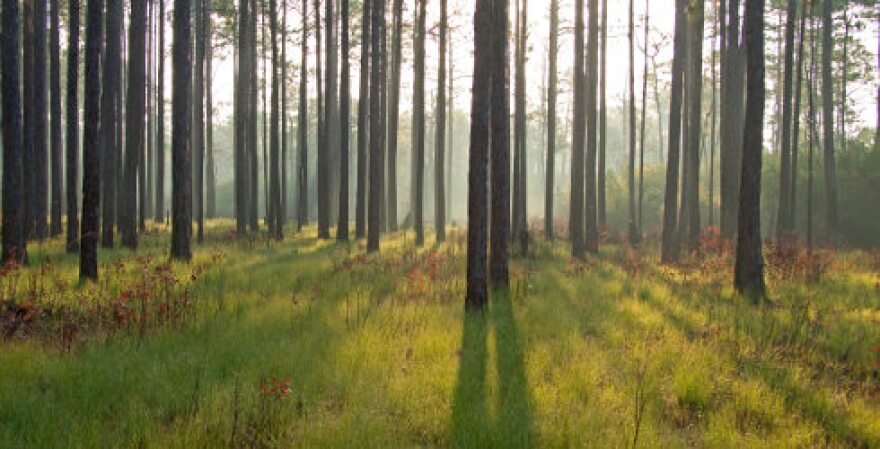Eastern North Carolina is a part of one of the most ecologically diverse locations on the planet. But because of human activity, it is also one of the most threatened.
Thanks to those two factors, the entire North American Coastal Plain – stretching from Cape Cod to northern Mexico - has been designated as one of three-dozen global biodiversity hotspots.
“The coastal plain has a really remarkably high number of unique species that are found nowhere else on earth,” says Jennifer Costanza, a Research Assistant Professor at NC State. “But on the flip side the habitats for those species are the most threatened in the world.”
Costanza is one of several scientists whose work helped convince the Critical Ecosystem Partnership Fund that the North American Coastal Plain deserved to be the 36th region in the world to be declared a global biodiversity hotspot.
Other hotspots include the tropical Andes, the Mediterranean basin, and parts of the Himalayas and the Philippines.
Now that the region has been included, Costanza hopes it will spark more aggressive conservation to stop future habitat loss.
“We can really use this a vehicle to promote conservation via mechanisms like the state’s conservation trust funds, but also strategies like working with cities to minimize urban sprawl,” she says.
The North American Coastal Plain has lost more than 70 percent of its natural habitat.







